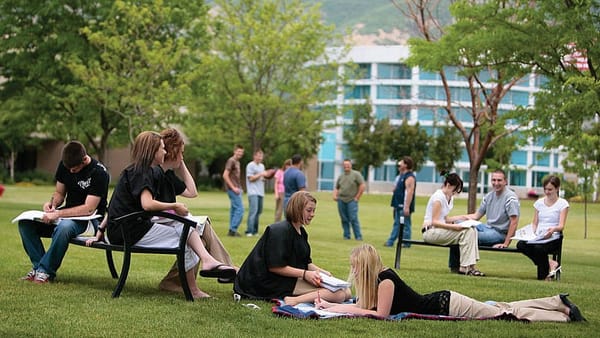Harvard women protest ‘blacklist’ targeting single-sex clubs

CAMBRIDGE – Women in Harvard College sororities and other gender-exclusive organizations are fighting back after administrators at the Ivy League school announced that future students who join off-campus single-sex social groups will be banned from holding campus leadership posts and from pursuing prestigious post-graduate opportunities like Marshall and Rhodes scholarships.
The new policies were outlined to students Friday and appear to target the centuries-old all-male Final Clubs over perceptions that the privately operated clubs are breeding grounds for sexual assault. But they also single out all-women Final Clubs as well as sororities, leading to concerns that the rules impose collective punishment on a wide range of students for the misdeeds of a few.

